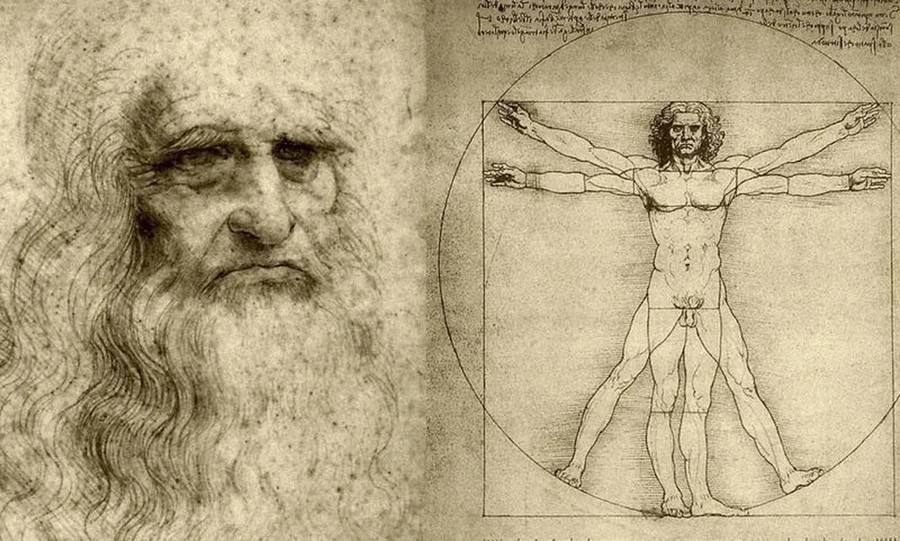In this video we explore Plato’s "Allegory of the Cave", its connection to ancient myths, and the ultimate narrative archetype we know as the Hero’s Journey. Plato's "Allegory of the Cave" is one of the most influential philosophical concepts ever introduced, encapsulating timeless questions about reality, knowledge, perception, and enlightenment. Located in Plato's seminal work, "The Republic," the Allegory of the Cave serves as a metaphorical narrative depicting the human condition's journey from ignorance to enlightenment.
The Athenian philosopher Plato (c. 428-347 B.C.) is one of the most important figures of the Ancient Greek world and the entire history of Western thought. In his written dialogues he conveyed and expanded on the ideas and techniques of his teacher Socrates.
The Academy he founded was by some accounts the world’s first university and in it he trained his greatest student, the equally influential philosopher Aristotle. Plato’s recurring fascination was the distinction between ideal forms and everyday experience, and how it played out both for individuals and for societies. In the “Republic,” his most famous work, he envisioned a civilization governed not by lowly appetites but by the pure wisdom of a philosopher-king.







